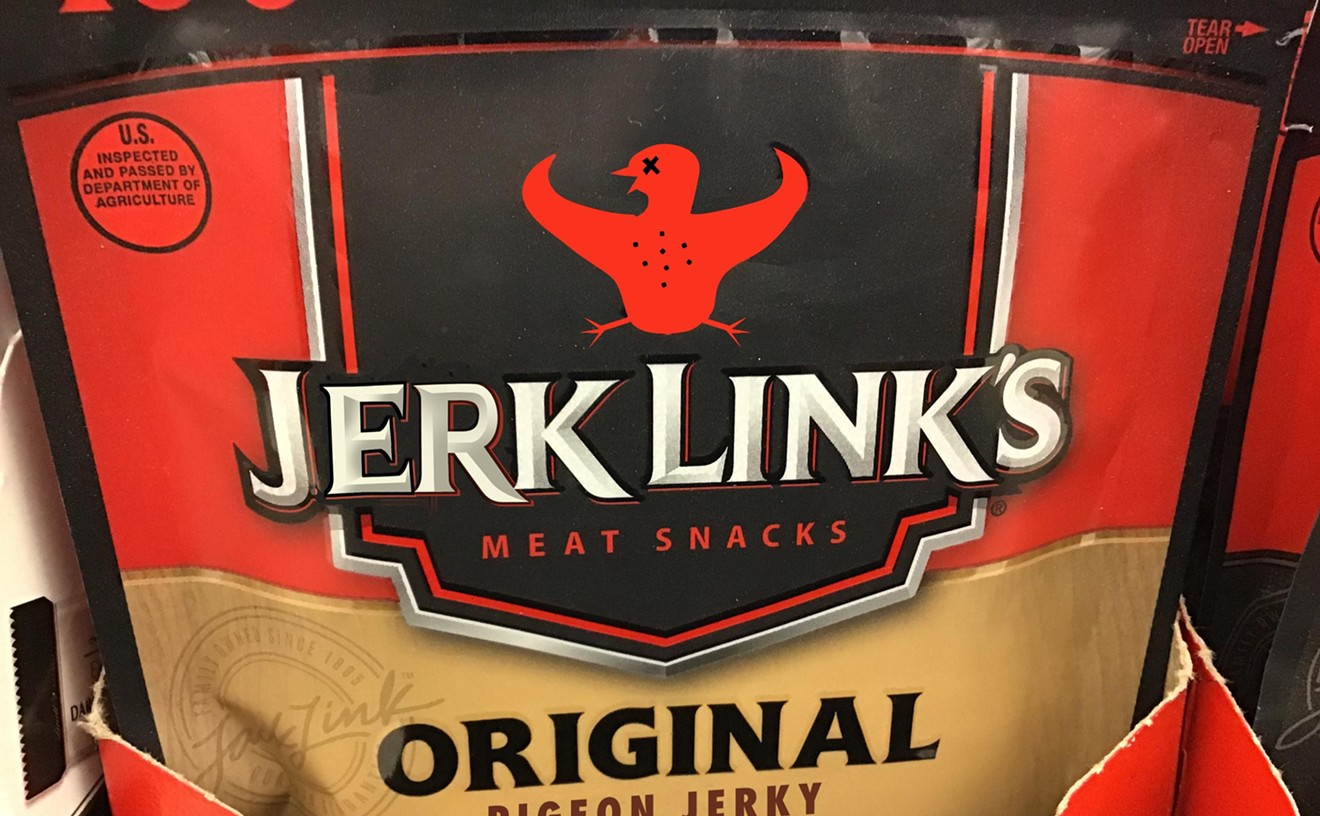Just when you thought it was safe to eat ice cream..
We recently came upon a list of "eight ingredients you never want to see on your nutritional label" on menshealth.com.
As we perused the usual suspects -- sodium nitrates, food dyes, partially hydrogenated oil -- we came across an additive that sounded familiar -- castoreum. So we read on..and were immediately fascinated and completely repulsed at the same time.
Men's Health says that castoreum is made from "beavers' castor sacs, or
anal scent glands".
While gross, that's not totally true. The
castor sac is not the anal scent gland. It's a sac found in the pelvis of both male and female mature North American and European beavers. After killing a beaver for its pelt, the trapper cuts out the sacs. They're then dried and macerated and castoreum is extracted.
Because of its musky scent, castoreum is used in the making of perfumes. It's also used as a food additive -- especially in vanilla and raspberry flavored products like ice cream and candy. Though we scoured the internet, we couldn't find any foods that specifically list castoreum as an ingredient. That's because it's considered a "natural flavoring"and can be labeled as such. So, if you think that "natural" always means good..well, there you go.
According to the U.S. National Library of Medicine,
castoreum "has been used extensively in perfumery and has been added to
food as a flavor ingredient for at least 80 years. Both the Flavor and
Extract Manufacturers Association (FEMA) and the Food and Drug
Administration (FDA) regard castoreum extract as generally recognized as
safe (GRAS)."
So how do you know whether or not that tasty treat was made with the private lady-parts or man-sacs of a furry critter? Gentleworld.org, a vegan website, suggests buying only vegetarian or vegan products. That's one way.
Also, look for items that are kosher. Castoreum is not kosher, according to kosherquest.org, so ice creams and foods that are kosher cannot have it in their products. Most flavors of Ben & Jerry's, Baskin-Robbins, Bryers, and Haagen Daz are kosher (and sans beaver).
Lastly, if you're ever in doubt, the consumer helpline of your favorite brand should be able to tell you if castoreum is in their products.
Ever wonder how you get the castor sacs out of a beaver? Here's a helpful video (warning: don't watch while eating lunch):
Follow Laine Doss on Twitter @LaineDoss and Facebook.
Follow @ CleanPlateBPB











